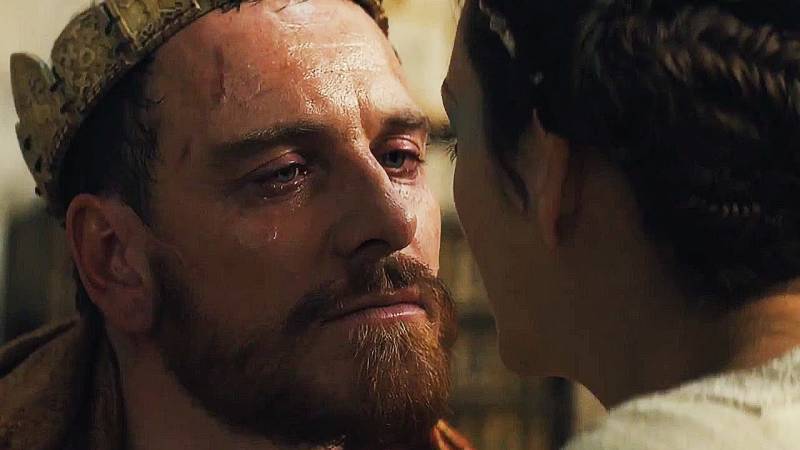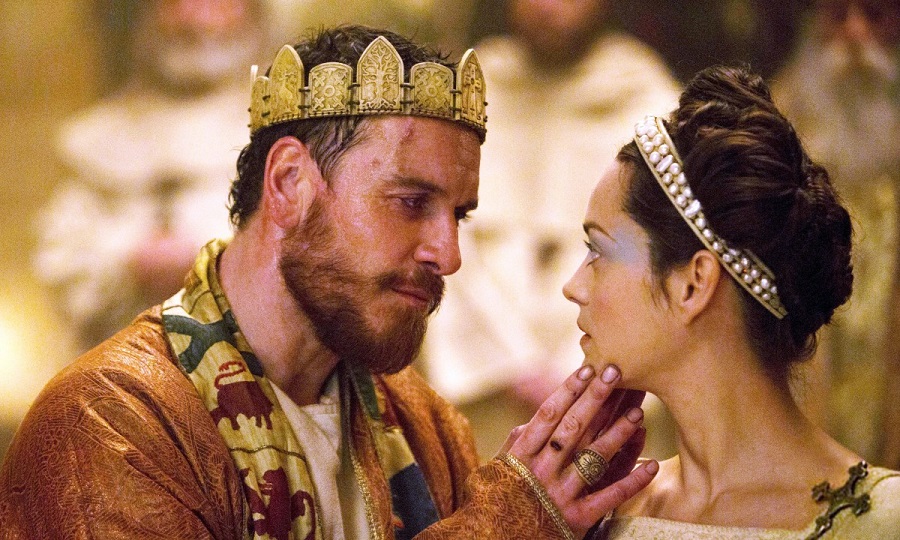
Watching “The Tragedy of Macbeth,” those influences are evident. Some of the directors who are mentioned in the article as having influenced the film’s art direction include Danish auteur Carl Theodor Dreyer, as well as the German expressionists F.W. The aforementioned article features an interview with Stefan Dechant, the film’s production designer. It’s everything that’s great about Welles’ first two Shakespearean films reinvented with the finesse of a modern master. Aggressive chiaroscuro bathes characters in brilliant light or masks them completely in darkness, and stunning black-and-white cinematography brings the baroque nightmare of Coen’s adaptation to visceral life. To compare directly to Welles’ “Macbeth,” both cultivate a dreamlike atmosphere - the confined sets and the abundance of fog which aims to conceal them create a sense of inescapable claustrophobia which perfectly accompanies the mental turmoil that overtakes the Lord and Lady Macbeth. Stylistically, Coen’s Shakespearean vision has much in common with Welles’ as expressed through those two films.

I saw an article earlier today entitled “ Joel Coen’s Shakespeare adaptation looks unlike any other.” I thought this was a pretty amusing title, as all I could think while watching “The Tragedy of Macbeth” was how much the film reminded me of the expressionistic Shakespearean films of Welles - his 1948 “Macbeth” and his 1951 “Othello.” A crown now upon his head, Macbeth must try and keep it there - all the while staving off and eventually succumbing to the demons of his traitorous deeds. The silver-tongued Lady Macbeth goads her husband into committing regicide - having him murder the King Duncan in his sleep and frame the two guardsmen whom she drugged the night before.

Scottish lord Macbeth, newly crowned as Thane of Cawdor in accordance with a witches’ prophecy, now looks to usurp the throne of Scotland itself.

It’s one of the best Shakespearean films I’ve seen and a cinematic feast for any lover of the medium.

“The Tragedy of Macbeth,” however, can rest comfortably in Coen’s catalogue alongside any of the other great films that he’s made with brother Ethan Coen over the course of his now legendary career. And the two film adaptations I’ve seen - Orson Welles’ 1948 “Macbeth” and Akira Kurosawa’s 1957 “Throne of Blood” - are probably my least favorite films in their respective directors’ filmographies (of their films which I have seen). Joel Coen’s “The Tragedy of Macbeth” is the most I’ve ever enjoyed “Macbeth.” Though it’s one of his most famous plays, Shakespeare’s “Macbeth” is actually my least favorite of his works that I’ve engaged with.


 0 kommentar(er)
0 kommentar(er)
